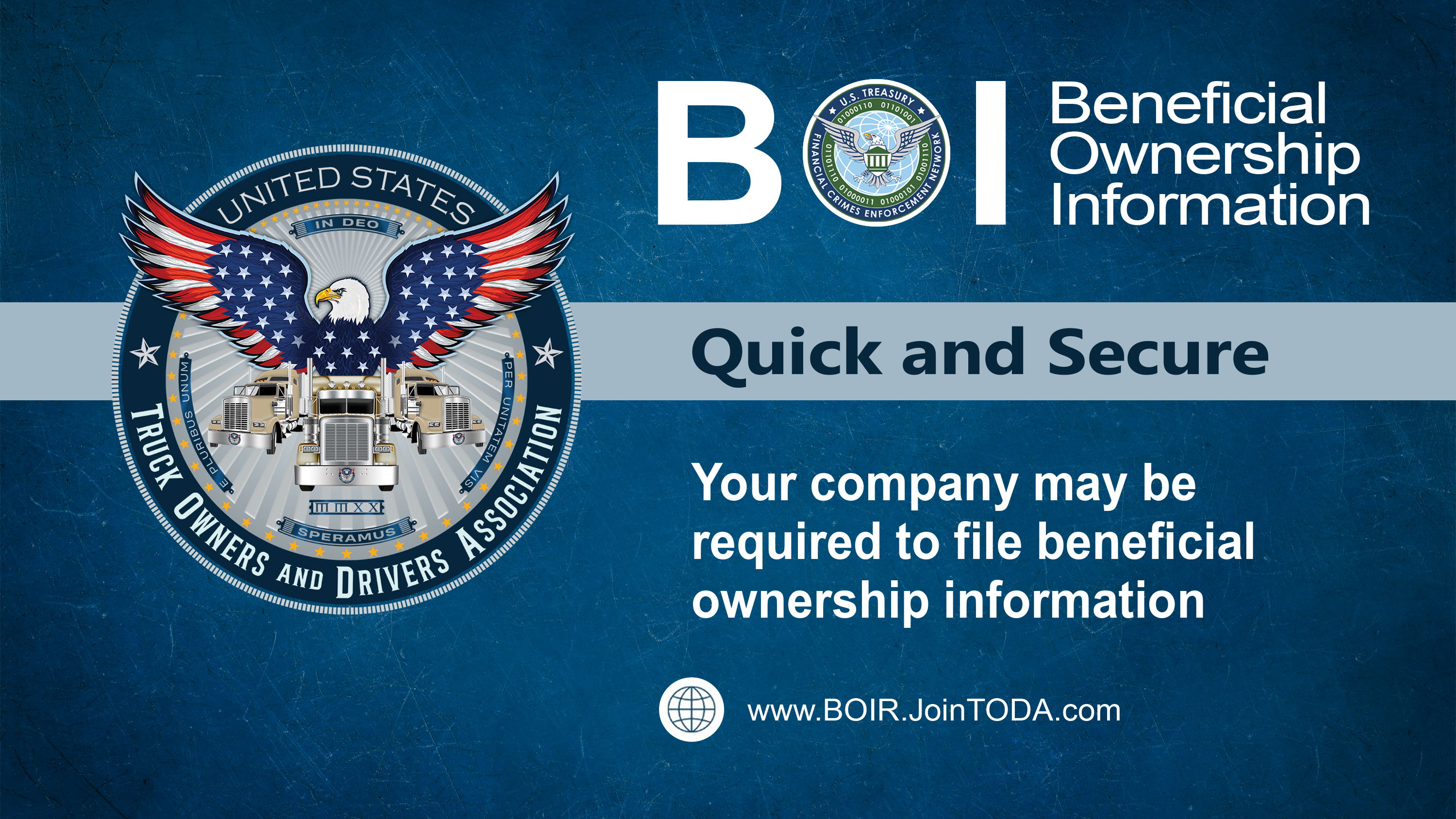COMPLIANCE AND REPORTING REQUIREMENTS
Foreign companies and natural persons registered to do business in the United States are required to file a Beneficial Ownership Information Report (BOIR) under the Corporate Transparency Act (CTA). The CTA mandates that both domestic and foreign entities disclose their Beneficial Owners – a natural person who exercise Substantial Control or owns at least 25% of the Ownership Interests – to the Financial Crimes Enforcement Network (FinCEN) to enhance transparency and combat illicit financial activities. Entities created or registered before January 1, 2024, must file their initial BOI report by January 1, 2025. Those formed or registered on or after January 1, 2024, are required to submit their BOI reports within 90 days of their formation or registration.
The information to be reported includes the full legal name, date of birth, address, and unique identifying numbers (such as a driver’s license or passport number) of each beneficial owner. Non-compliance can result in significant penalties, including fines and potential criminal charges. Therefore, it is imperative for foreign companies and natural persons to understand and adhere to these reporting obligations promptly to avoid legal repercussions and ensure seamless operations within the U.S.
In today’s globalized economy, governments worldwide are intensifying efforts to combat financial crimes such as tax evasion, money laundering, and terrorism financing. A pivotal strategy in this endeavor is the enforcement of Beneficial Ownership Information reporting (BOIR) requirements. These regulations mandate that entities disclose information about individuals who ultimately own or control them, thereby enhancing transparency and accountability in financial systems. For foreign companies and individuals operating in United States, understanding and complying with BOI reporting obligations is not only a legal necessity but also a critical component of maintaining operational integrity and reputation.
US Landscape of Beneficial Ownership Information Reporting
The push for transparency in corporate ownership has led to the implementation of global BOI reporting requirements. These regulations are designed to unmask the true owners of entities, preventing the misuse of corporate structures for illicit purposes.
The Corporate Transparency Act (CTA), enacted as part of the National Defense Authorization Act for Fiscal Year 2021, requires most corporations, limited liability companies (LLCs), and similar entities to report their beneficial owners to the Financial Crimes Enforcement Network. This legislation aims to deter companies for illicit activities. The information to be reported includes the full legal name, date of birth, address, and unique identifying numbers (such as a passport number or driver’s license) of each beneficial owner.
Foreign Entities and Businesses Operating in the United States
As foreign businesses expand into U.S. markets, they must navigate the complexities of the CTA’s BOI filing requirements. Non-compliance can lead to significant legal and financial repercussions. The following recommendations are essential for foreign investors and enterprises operating in the United States:
Understand Beneficial Ownership Regulations in United States
United States has distinct BOI filing rules, determining who qualifies as a beneficial owner and the information required for disclosure. In the United States, the CTA mandates BOI filing for most business entities, with specific deadlines based on the entity’s formation date. Foreign businesses must comprehend these regulations before incorporation and ensure their ownership structures align with federal compliance rules.
Ensure Timely BOI Filings and Compliance
Once a foreign person or company establishes a business entity in the United States, it must submit BOI reports within the required deadlines. Entities formed before January 1, 2024, must file their initial BOI report by March 21, 2025. Those formed on or after January 1, 2024, are required to submit their BOI reports within 90 days of their formation or registration. Failure to comply with these deadlines can result in penalties, financial restrictions, or legal action.
Maintain Accurate and Up-to-Date BOI Records
Foreign companies operating in the United States must continuously monitor and update their BOI filings whenever there are changes in ownership structures. This includes instances such as mergers and acquisitions, ownership transfers, structural reorganizations, changes of address, and changes in board members. Many jurisdictions mandate that these updates be submitted within 30 days of the change to ensure compliance with local regulations. Failure to adhere to these timelines could lead to serious consequences, including disruptions in banking relationships, restrictions on financial transactions, and operational challenges that may affect the company’s ability to conduct business efficiently.
Establish Internal Compliance Policies and Procedures
To effectively manage BOI compliance, foreign businesses in the United States should implement structured internal policies and procedures. This includes setting clear guidelines for identifying beneficial owners according to the legal requirements of the United States. Companies should establish dedicated compliance teams responsible for managing BOI filings and ensuring timely updates. Regular audits and document verification processes must be in place to maintain accurate records and prevent regulatory violations. Additionally, seeking legal counsel from experts in Anti-Money Laundering (AML) regulations and corporate governance is crucial in navigating complex international compliance challenges. By integrating these measures, businesses can mitigate risks and ensure smooth regulatory adherence across U.S. markets.
Monitor Regulatory Changes and Seek Professional Guidance
BOI regulations are constantly evolving, and businesses must stay informed about new legal requirements. Partnering with legal, financial, and compliance professionals can help navigate United States BOI regulations, ensuring seamless operations and risk management. By proactively managing BOI compliance, foreign enterprises can build trust with U.S. regulators, avoid legal risks, and ensure sustainable growth in foreign markets.
Consequences of Non-Compliance
Non-compliance with BOI reporting requirements can lead to severe criminal and civil penalties. In the United States, willful violations of the Corporate Transparency Act (CTA) can result in civil penalties of $591 per day, up to $10,000 criminal penalties including imprisonment.




